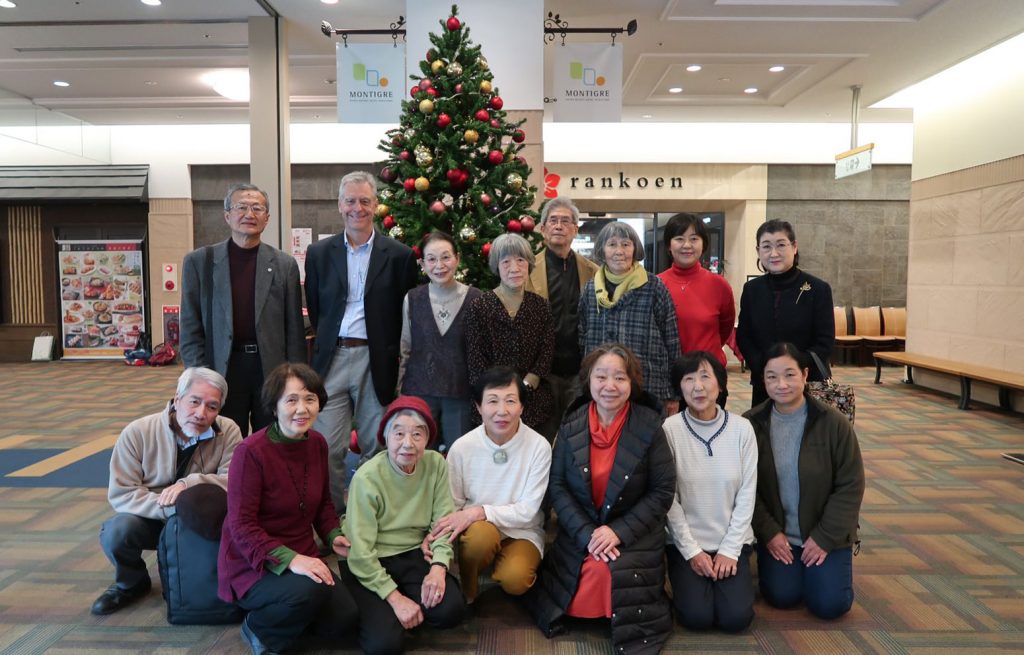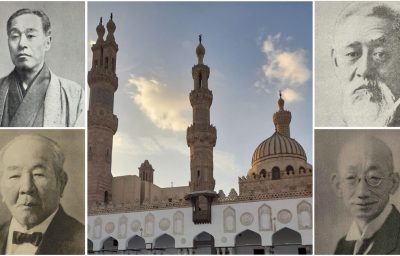COMMUNICATIONS
My Pandemic Year at Nichibunken
I arrived at Nichibunken at the beginning of August 2019. I came here to work on my book project: the life story of Kawai Koume, a diarist, housewife and artist from a samurai family in Wakayama, the castle town of Kishū domain. I write the stories of individual lives because I am committed to narrating history “from the ground up.” I want to tell the stories not of the people who made history, but of those who had to live it. What control did they have over their circumstances? What choices did they make? What were their joys and sorrows? I have come to think of these voiceless people from the past as my own brothers and sisters, and my mission is to highlight our common humanity in the face of circumstances over which we have little or no control.
I was lucky to find a wonderful community of supportive scholars and administrative staff at Nichibunken, who made every effort to facilitate my research, and who provided an ideal community to share ideas and work in progress. One reason I wanted to come to Kyoto was its proximity to Wakayama, where most of my research materials are located. For the first six months of my stay I went there every month, with Nichibunken’s support, to join the “Koume’s Diary Enjoyment Society” and to conduct my own research. I will always be grateful for the support and scholarly community I found in both Nichibunken and the “Enjoyment Society,” thanks to whom I was able to make significant progress with my book, which I hope to submit for publication in 2021.

With the Koume Diary Enjoyment Society
Then, in February 2020, a new “friend” arrived: the Covid19 virus. No more trips to Wakayama, no more research group meetings, no more social get-togethers at which we could mix beer, food and ideas. Adjusting to life in the pandemic was a huge challenge for me and my family, as for everyone. But I prefer to count my blessings, and the pandemic has brought some important benefits. For the first time in my life, I am no longer just studying history: I am also living it. Koume lived through the cholera epidemic of 1858-9, in which her granddaughter died. Her descriptions of the fear and devastation of the epidemic suddenly have a new immediacy.
The pandemic has brought people together in unexpected ways. We are all sharing this strange and frightening experience. With video technology, a local event can now be global. Nichibunken’s pivot to virtual meetings allowed me to give a lecture to a group of people from all over Japan and beyond. And, with flights disrupted, I am now staying in Japan longer than I expected. I have moved from Kyoto city to the Nichibunken campus, and I feel the kindness and hospitality of Nichibunken’s faculty and staff more every day.
Climbing-Mount-Hiei-Great-Pandemic-Activity-768x1024.jpeg)
Climbing Mount Hiei - Great Pandemic Activity




